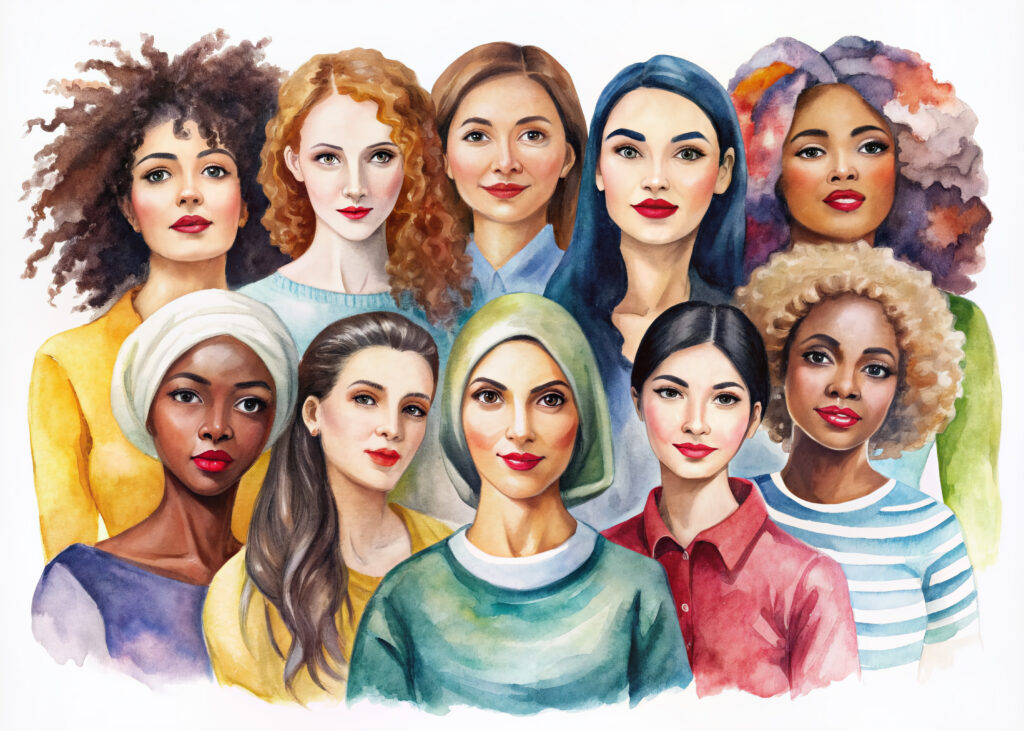The Sources of Gender Role Attitudes Among Christian and Muslim Arab American Women.
Read, Jen’nan Ghazal. 2003. Sociology of Religion.
Popular culture often portrays Arab American women as Islamic traditionalists, veiled and secluded within the home. In reality, these women—both Muslim and Christian—have varying beliefs about gender roles, and the factors underlying these beliefs have rarely been studied. In this article, Dr. Read explores how Arab women’s relationships with their ethnicity and religions may influence gender traditionalism.
Dr. Read conducted a survey by mail asking Arab American women how they perceived their roles in their families and communities.She then compared their answers based on three major variables: whether they were Muslim or Christian; their religiosity (based on factors such as service attendance and beliefs about scripture); and their ethnic ties (including length of residence in the U.S. and marriage within the Arab community).
Overall, she found that religiosity and ethnicity were much more influential than Muslim or Christian affiliation: stronger religious and ethnic ties correlated with more traditional views of gender. While Muslim women were more conservative than Christians overall, they were also more likely to be recent immigrants immersed in Arab communities. Once the data was adjusted for religiosity and ethnicity, the gap in traditionalism between Christians and Muslims became insignificant.


